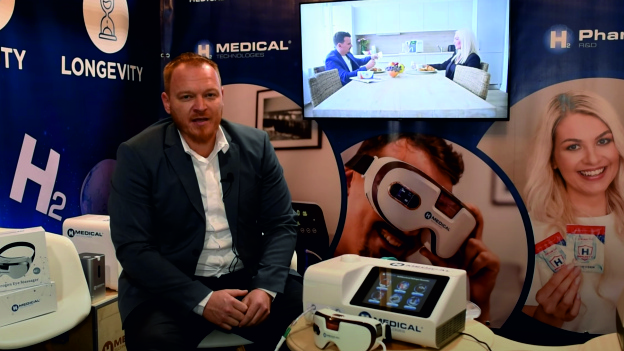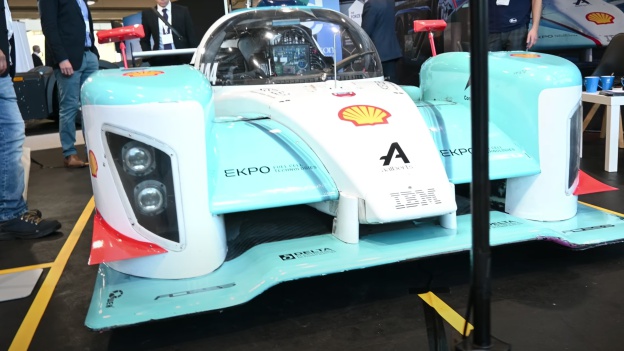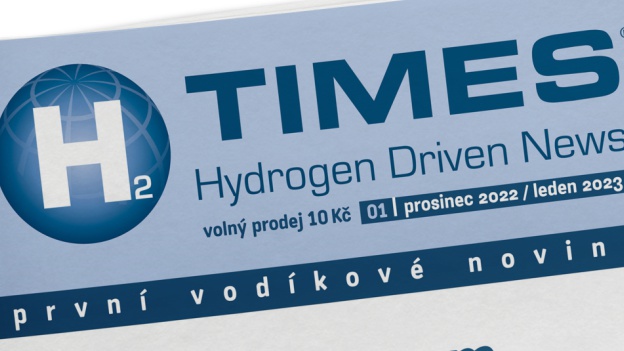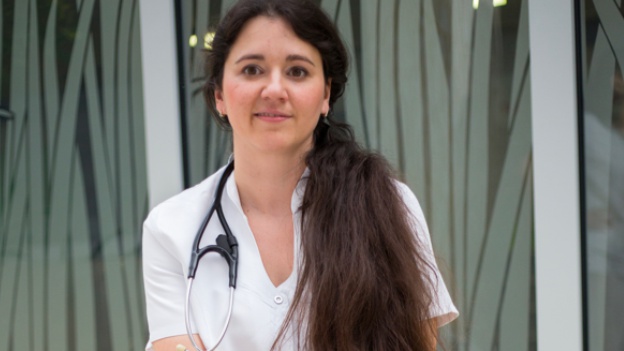In his practice, he focuses mainly on children who play sports, but also on those who are suffering from obesity. Increasingly, he sees children with diseases that were previously the domain of adults and the elderly. "These diseases are usually very closely associated with insufficient physical activity, consumption of high-calorie foods and drinks, lack of sleep and extremely increasing total screen time," says Dalibor Pastucha, a doctor who has had positive experience with the use of molecular hydrogen in his practice.
You're a paediatric and physical education doctor. What do we mean by a physiotherapist? Who is your typical patient?
Sports medicine deals primarily with preventive examinations of athletes, not only elite, performance, but also recreational athletes. We perform fitness examinations and determine if they are suffering from damage to their bodies due to overuse. An important part of this is the application of physical activity to the treatment of a range of conditions such as obesity, high blood pressure, diabetes, asthma and many others. As a paediatrician, my main focus is on children who play sports, but also on children with obesity, for whom movement helps with weight reduction.
I have been working with children for over 20 years. Is it fair to say that children's health has changed in that time? Were other diseases more common in your early days than they are now?
Unfortunately, I am seeing more and more diseases in children that are associated with poor lifestyle choices that we used to know more from older patients. These diseases are usually very closely associated with lack of physical activity, consumption of high calorie foods and drinks, lack of sleep and extremely increasing total screen time - that is, time spent with a mobile phone, laptop, computer or TV screen. These diseases include obesity, hypertension, sleep apnoea, steatosis of the liver and diabetes.
Have you had the opportunity to experience the effects of molecular hydrogen in your practice? In what way?
The first contact was in the context of physical medicine in the recovery of athletes after intense exercise, for whom hydrogenated water helps with recovery and accelerates the flushing of lactate from the body. During the COVID pandemic we collaborated on a study conducted by Assoc. Botek from the Faculty of Physical Therapy at UPOL, who tested hydrogen inhalation with very good results in patients with prolonged dyspnea after COVID infection. In these patients we observed a significant alleviation of difficulties.
How many patients did you have participating in this study?
Approximately 10 patients were referred from our outpatient clinic to participate in the study.
How do you assess the change in their health status?
Very positively, the patients themselves subjectively evaluated the alleviation of difficulties, the improvement in quality of life, but also objectively achieved significantly better results in the stress tests they performed before and after treatment.
You are also involved in paediatric obesitology. Are there more and more children with obesity?
Unfortunately, the Czech Republic has long been one of the countries with the highest incidence of childhood obesity. After the COVID pandemic, the situation became even worse. The most recent data from a study of paediatric general practitioners speak of less than 30% of children being overweight and obese, and it is also very worrying that the number of children with the highest level III obesity has increased dramatically, their BMI is often well over 40. These are often children and adolescents weighing well over 130 kg. Such obesity is always associated with other serious health complications and the chances of returning to a normal weight are quite minimal.
According to the results of other studies, molecular hydrogen speeds up metabolism and can significantly help with weight loss - with a healthy lifestyle and exercise. Don't you think this would be a good option for pediatric patients?
It's very likely, and I know that studies are already being planned in this area to test that Evidence Based assumption.
How do you see the position of hydrogen in medicine, spa, cosmetics? Do you think there is a place for it in the future as a catalyst for routine medical procedures?
I think that this field is gradually bringing a number of new possibilities, the important thing is that they are supported by scientific evidence and can be implemented as soon as possible in the treatment of many diseases. I therefore very much welcome scientific research activities in this area.






























